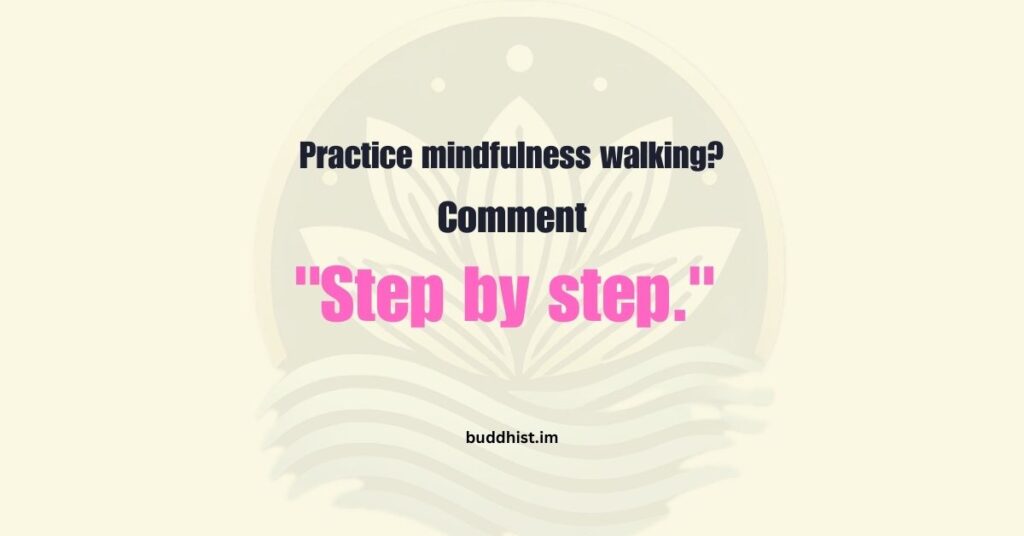In a world shifting faster than ever, students face mounting pressures to achieve, adapt, and excel. Amidst this whirlwind, the College Board’s transition to digital SAT and AP exams offers more than just a change in format—it presents a quiet opportunity for clarity, access, and mindful transformation. As millions of learners prepare for exams this May, we’re invited to reflect not only on the evolving tools of education, but on how intention, awareness, and equity can help shape a more compassionate path forward—one keystroke at a time.
Beginning in May 2025, the College Board will administer 28 out of 36 Advanced Placement (AP) exams in digital format, marking the most significant transformation of the standardized testing system in recent years. The shift comes amid rising concerns over test security and equitable access, as digital exams—delivered via the Bluebook platform—aim to eliminate logistical vulnerabilities while supporting a modernized testing experience.
Last year, 650,000 AP exams were taken digitally. That number is expected to climb to nearly 6 million in May, as millions of students log in between May 5 and May 16. Twelve of the digital AP exams, including AP Chemistry and AP Biology, will follow a hybrid format: digital multiple-choice sections with paper-based free-response booklets. Eight exams, including languages and music theory, will retain their paper format for now.
The College Board, which also manages the SAT, AP Physics 1: Algebra-Based – Exam, and AP English Literature and Composition – Examination, says the transition was expedited due to growing incidents of test material leaks. Trevor Packer, who leads the AP program, stated that digital formats are more secure and offer students a smoother, more flexible test-taking experience.
The Bluebook college board platform—already used for the SAT—will be the central system for the AP digital exams. It includes built-in tools, user-friendly navigation, and practice resources such as tutorials and test previews. Students without access to a personal device can borrow one through the College Board’s Device Lending Initiative, which aims to bridge the digital divide.
In addition to the digital shift, College Board is actively expanding accessibility. Students like Melody Watson, a 15-year-old scholarship recipient and nursing hopeful, represent how educational dreams can be nurtured when financial and technical barriers are reduced. The BigFuture School – Computer program and SAT preparation tools have also evolved, helping students prepare mindfully, regardless of their background.
College Board has set deadlines for SAT registration—April 18 for the May 3 exam and May 22 for the June 7 session—underscoring the need for students to stay informed and intentional. As exams evolve, so too must our approach: one that centers not just on performance, but presence.
Data Table: Digital Transition Overview
| Category | 2024 | 2025 (Projected) |
| Total AP Exams Offered | 38 | 36 |
| AP Exams Offered Digitally | 5 | 28 |
| Students Taking Digital AP Exams | 650,000 | 6 million |
| SAT Test Platform | Bluebook | Bluebook |
| Device Access Initiative | Limited pilot | Nationwide availability |
| Student Approval Rating (Digital AP) | ~75% | Expected to rise |
When will the College Board switch AP exams to digital format?
The transition begins in May 2025. Most AP exams will be delivered digitally via the Bluebook platform during the May 5–16 testing window.
Which AP exams will still be paper-based in 2025?
Eight AP exams—including Chinese, French, German, Italian, Japanese, Spanish, Spanish Literature, and Music Theory—will remain in paper format for now.
What is the Bluebook platform used for?
Bluebook is a secure digital testing application used by the College Board for both the SAT and AP exams. It features user-friendly tools, built-in timing, and secure test delivery.
Are students required to bring their own devices for digital exams?
No. Students without access to a device can request one through the College Board’s Device Lending Initiative, ensuring equitable access.
What types of AP exams will follow a hybrid model in 2025?
Twelve exams, including AP Chemistry and AP Biology, will use a hybrid format—digital multiple-choice sections and paper-based free-response sections.
How many students are expected to take digital AP exams in 2025?
Nearly 6 million students are projected to take digital AP exams in May 2025, up from 650,000 in 2024.
What are the SAT registration deadlines for 2025?
May 3 SAT: Registration closes April 18, 2025
June 7 SAT: Registration closes May 22, 2025
How is the College Board addressing test security concerns?
Digital exams are more secure because they prevent early leaks and theft. Trevor Packer, head of the AP program, noted that paper exams shipped weeks in advance are more vulnerable to compromise.
What feedback have students given about digital AP exams?
According to the College Board, over 75% of students and administrators rated digital AP exams as better than or equal to the traditional paper exams.
What resources does College Board offer for exam preparation?
The College Board provides practice exams, video tutorials, and test previews to help students prepare for digital testing via their official platforms.
- Embrace change with presence. Like breath in meditation, the transition to digital exams invites students and educators to adapt with awareness, not anxiety.
- Equity is an act of compassion. Lending devices and removing logistical hurdles reflects the Buddhist principle of dana—generosity without expectation.
- Preparation is a form of mindfulness. Engaging with new formats calmly and with focused intention can reduce fear and increase clarity.
- Security and trust arise from integrity. Protecting exam content aligns with right speech and action—guarding against harm and dishonesty.
- Even a test can be a path. With the right mindset, each question becomes a chance to reflect, grow, and express one’s unique potential.
Would you like to include a visual graphic to go with the article, such as a Bluebook interface mockup or a digital-vs-paper exam comparison chart?



















